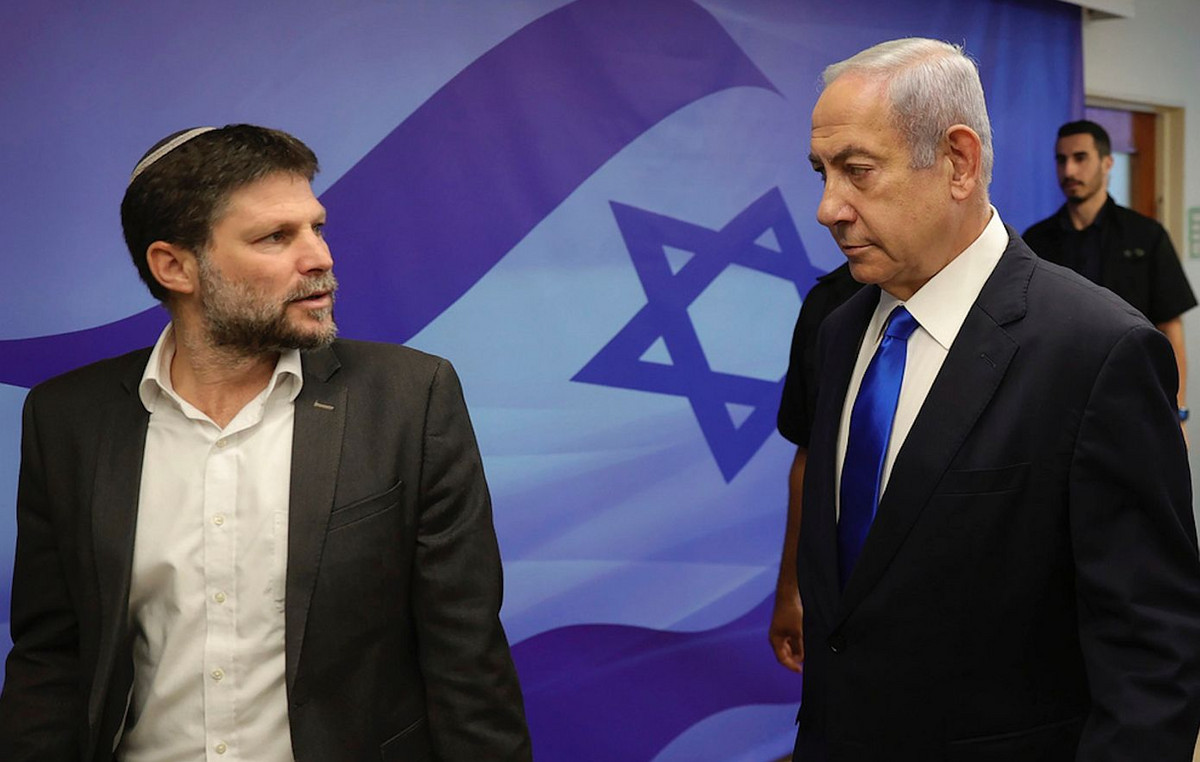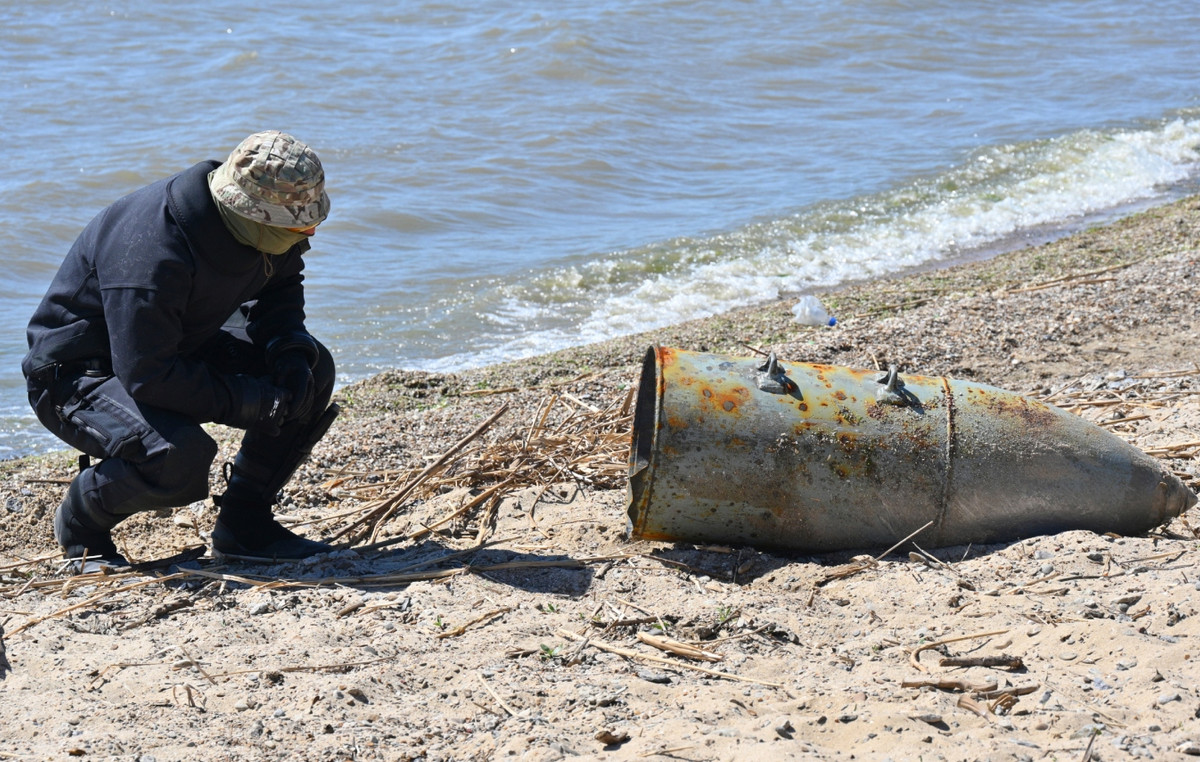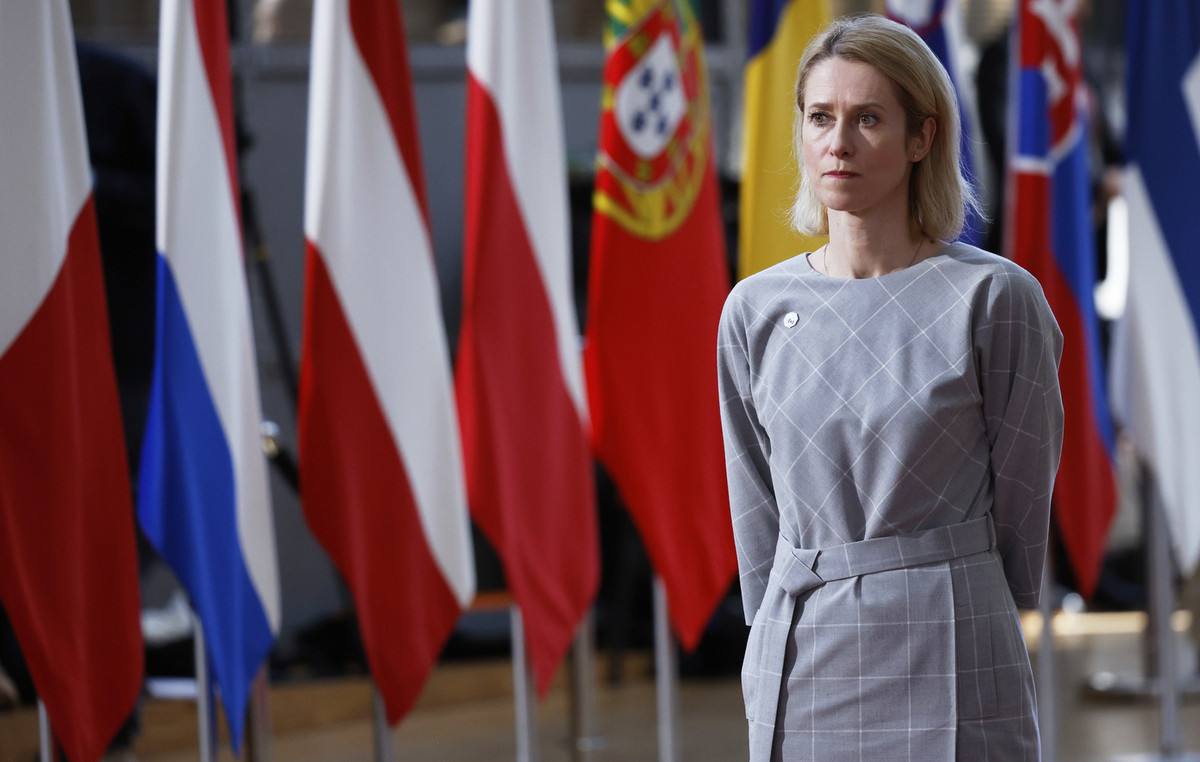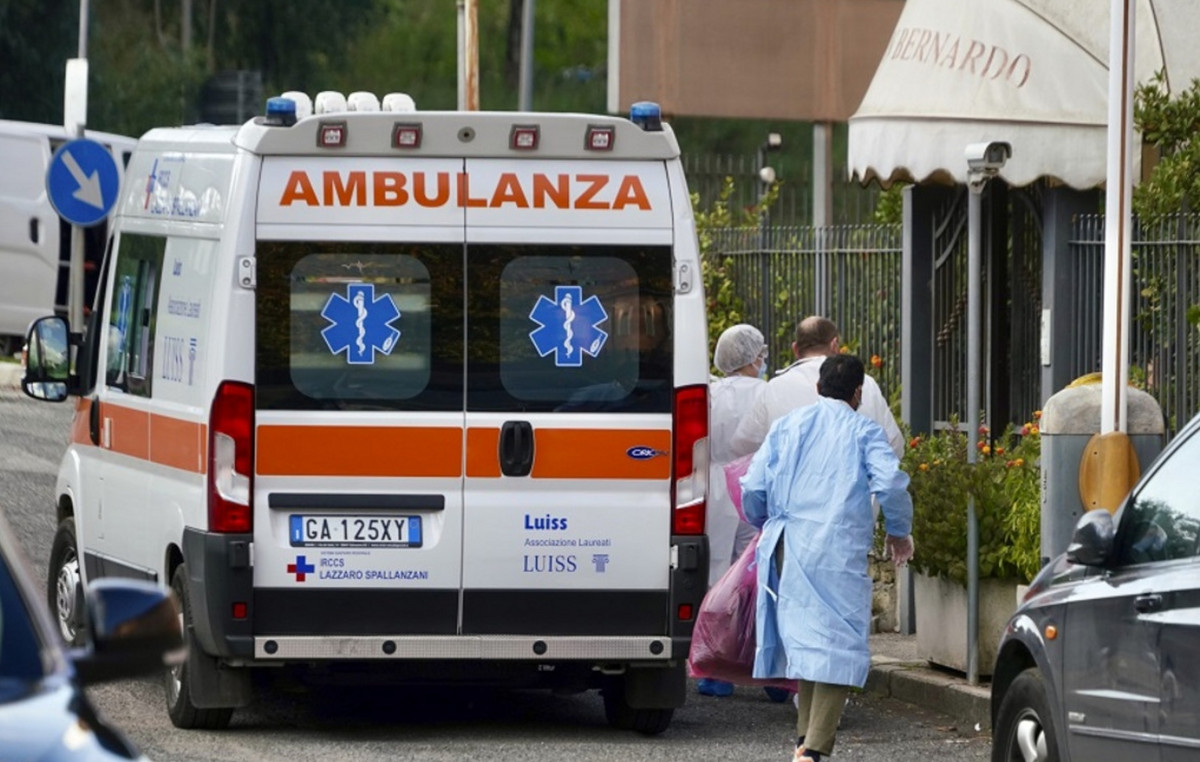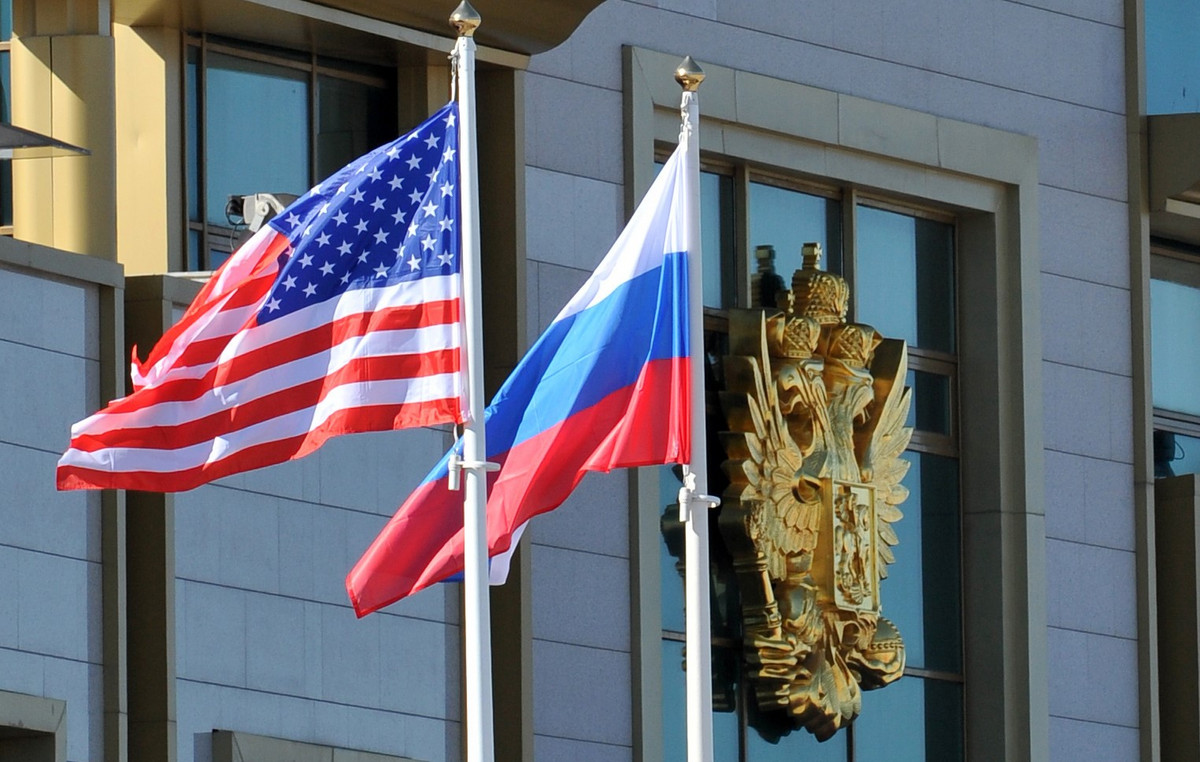On the fourth anniversary of the murders of councilor Marielle Franco and driver Anderson Gomes, the question “who ordered Marielle to be killed?” remains unanswered. To set the date and demand speed and transparency from the authorities in the investigations, a series of actions and meetings were organized throughout the day in the city of Rio de Janeiro.
In the morning, the lawyers of the parliamentarian’s and the driver’s families will file a writ of mandamus at the Rio de Janeiro Court of Justice so that the information from the investigation records on the perpetrators of the murder can be shared.
“We understand that the Brazilian State has an obligation to enforce the right of victims’ families to participate formally and effectively in the investigation,” say public defender Fábio Amado, representative of the families of Marielle and Anderson, and lawyer Luciana Pivato et al. Giane Álvares, representatives of Mônica Benício, all responsible for the case.
At the same time, Amnesty International Brazil will carry out an urban intervention with an installation more than 2 meters high, in front of the City Council, in downtown Rio. The installation simulates the hitherto unfinished court process, highlighting the lack of access for victims’ families and their lawyers to information.
“It is essential to combat information leakage in the course of investigations, but families and their representatives have the right to participate in all stages of the investigation. Respecting secrecy does not mean lacking transparency. The lack of justice for the death of a defender has a frightening effect for all other people who defend dignity and life. And there are immediate and long-term consequences for society as a whole, as was the case with the murder of Marielle and Anderson”, says Jurema Werneck, director of Amnesty International Brazil.
In addition, a mass in honor of the victims is scheduled, which will be celebrated at the Church of Candelária. In the afternoon, there will be a meeting between the governor of the State of Rio de Janeiro, Cláudio Castro, the families of Marielle and Anderson and representatives of the Justice for Marielle Committee.
Female leaders in politics
The third black female councilor in the history of Rio de Janeiro was shot to death on March 14, 2018. Investigations revealed that the crime involved the militia and was wide open, according to the director for Latin America and the Caribbean at Open Society Foundations, Pedro Abramovay , the power of paramilitary groups.
“When the investigations started, we saw that it was a very sophisticated crime, very well planned, and it shed light on the existence of these groups of political assassins. This gives carte blanche for other political assassinations,” he says.
In addition, at the time, false information about the parliamentarian was disseminated on social media. Many claimed that the councilor had a connection with the criminals. Last year, the Fourth Class of the Superior Court of Justice ruled that internet companies must provide the personal data of people who have made offensive publications.
On the other hand, for the director of the Open Society Foundations, the Marielle case highlighted the problems faced by women in politics and served as an incentive for the “seeds” to be planted in that year’s elections. At the same time, Abramovay reports that the brutal crime has brought fear to female leaders who are considering running for office.
“We live in a country where it is dangerous to go into politics if you defend certain causes. And when a female leader says ‘I’m not going because I’m afraid’, we can’t guarantee that government institutions will protect it”, she pointed out.
The sister of the parliamentarian and director of the Marielle Franco Institute, Anielle Franco, says that impunity drives political violence, especially against women.
“We are fighting for justice for Marielle and Anderson and for accountability for the murder of other black women human rights defenders. The impunity of a crime like this drives the political violence that affects black and trans women on a daily basis in the country. The resolution of the Mari and Anderson case is important for the future of our democracy. Thus, we will continue to stand, honoring Marielle’s memory and fighting for justice. So that black women are never interrupted in their political trajectories again,” she says.
Threat to human rights defenders
The coordinator of the NGO Justiça Global, Daniela Fichino, criticizes the authorities’ delay in fully solving the crimes, which are already under the responsibility of the fifth delegate appointed by the Civil Police to conduct the investigation of the case.
“In four years, the Civil Police and the Public Prosecutor’s Office of Rio de Janeiro have not made any concrete progress in terms of investigating the perpetrators of the crime, or their motivations. This is the most important point precisely because it exposes the structural deficiencies of the Brazilian State, which repeatedly exposes human rights defenders to risks”, he says.
According to her, it is common for cases of murders of defenders to end up without the responsibility of the principal, perpetuating violations. “If we want this barbaric crime never to be repeated, an emphatic response is needed about the intellectual authors and their motives – or we will always embitter the first positions among the most insecure countries for those who defend human rights”, states the NGO coordinator.
Retired sergeant Ronnie Lessa and former military police officer Élcio Queiroz, accused of executing the councilwoman and her driver, have been in prison since March 2019 and are awaiting trial. According to the police investigation, Lessa is responsible for carrying out the shooting and Queiroz for driving the car in which the two were. The motive for the crime remains unknown.
Schedule
9:00 am: There will be an action in front of the Court of Justice, in downtown Rio de Janeiro, demanding access to the records and the solution of the crime.
9 am to 4 pm: From 9 am, Amnesty International Brazil will carry out an urban intervention with an installation over 2 meters high, in front of the City Council, in downtown Rio. The installation simulates the hitherto unfinished court process, highlighting the lack of access for victims’ families and their lawyers to information.
10:30 am: Mass at the Church of Nossa Senhora da Candelária, organized by Marielle’s family, which then proceeds to the intervention of Amnesty International Brazil in the City Council, around 12:00.
11:00 am: Previous meeting with the assistant judge Rafael Estrela, the communications director José Carlos Tedesco and the lawyer of the Marielle Franco Institute, Brisa Lima, representing the committee to talk about the agendas that will be discussed with the president of the TJ, Henrique Carlos Figueira.
3:00 pm: Meeting with the governor of Rio de Janeiro at the Guanabara Palace.
15:00 to 23:00: Justice Festival activities by Marielle and Anderson, at Circo Voador (Lapa), organized by the Marielle Franco Institute, created and directed by the family.
4pm-6pm: Conversation with the theme “We are ready: The radical Political Imagination of Black Women”, with Anielle Franco (director of the Marielle Franco Institute), Bianca Santana (Casa Sueli Carneiro) and Tainah Pereira (Black Women Decide) . In addition, there will be a writing workshop for the production of Justice Request Letters by Marielle and Anderson.
18:30: Musical presentations, opening with the maracatu of Cortejo Baque Mulher, followed by DJ Tamy, MC Martina and MC Zuleide. Artists such as Karol Conká, BK, Juçara Marçal, Marina Iris, Jéssica Ellen, Lellê and Doralyce also participate. The closing will be with Bloco Malunguetu.
8 pm: The families of Marielle and Anderson and the organizations that make up the Justice for Marielle and Anderson Committee will speak on stage at the Festival.
Source: CNN Brasil


